Red Sesame Seeds
Naturally vibrant and rich in antioxidants, red sesame seeds add a pop of color and a nutty flavor to dishes. Packed with essential nutrients, they contribute to both visual appeal and nutritional value in various culinary creations.
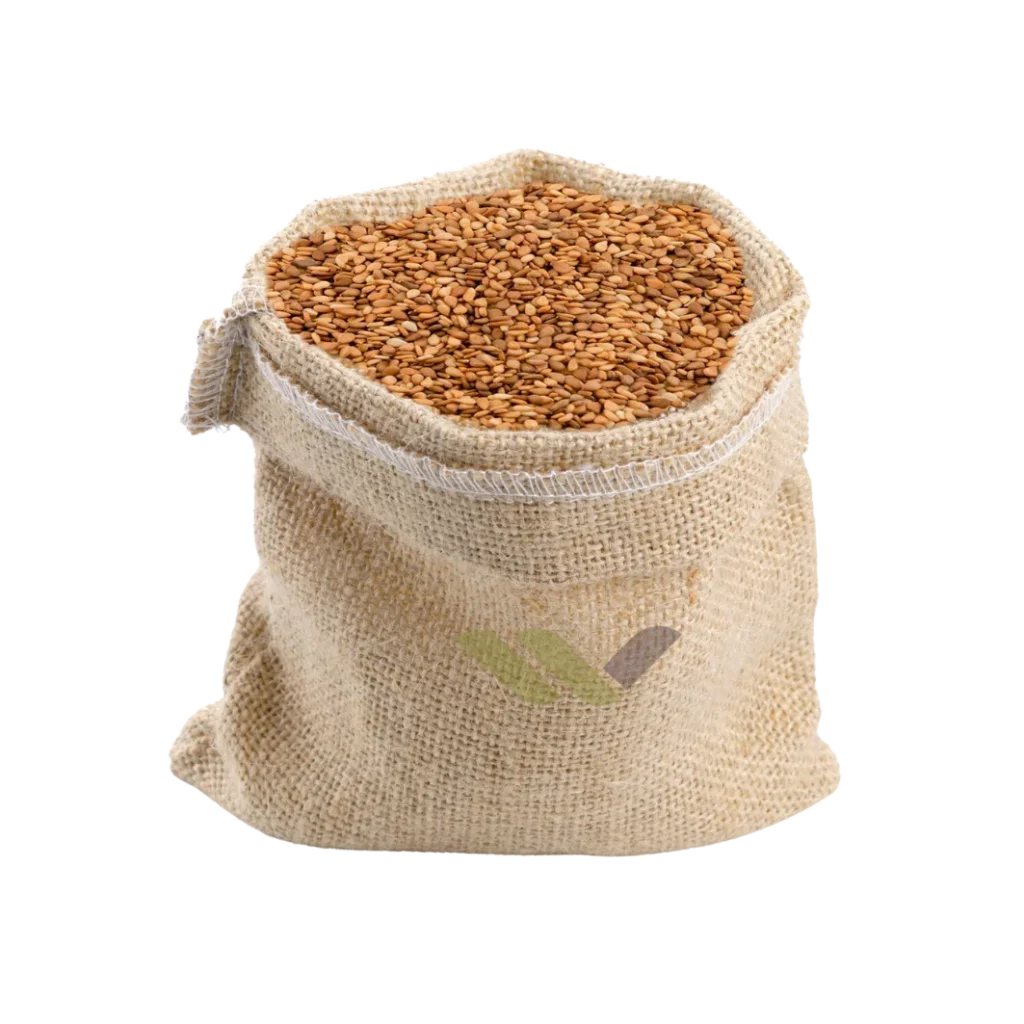
Red Sesame Seeds
Naturally vibrant and rich in antioxidants, red sesame seeds add a pop of color and a nutty flavor to dishes. Packed with essential nutrients, they contribute to both visual appeal and nutritional value in various culinary creations.

Where
They Come From
Sesame plants are primarily grown in warm climates, with the largest producers being countries like India, China, Sudan, and Myanmar. The seeds are harvested from the pods of the sesame plant.
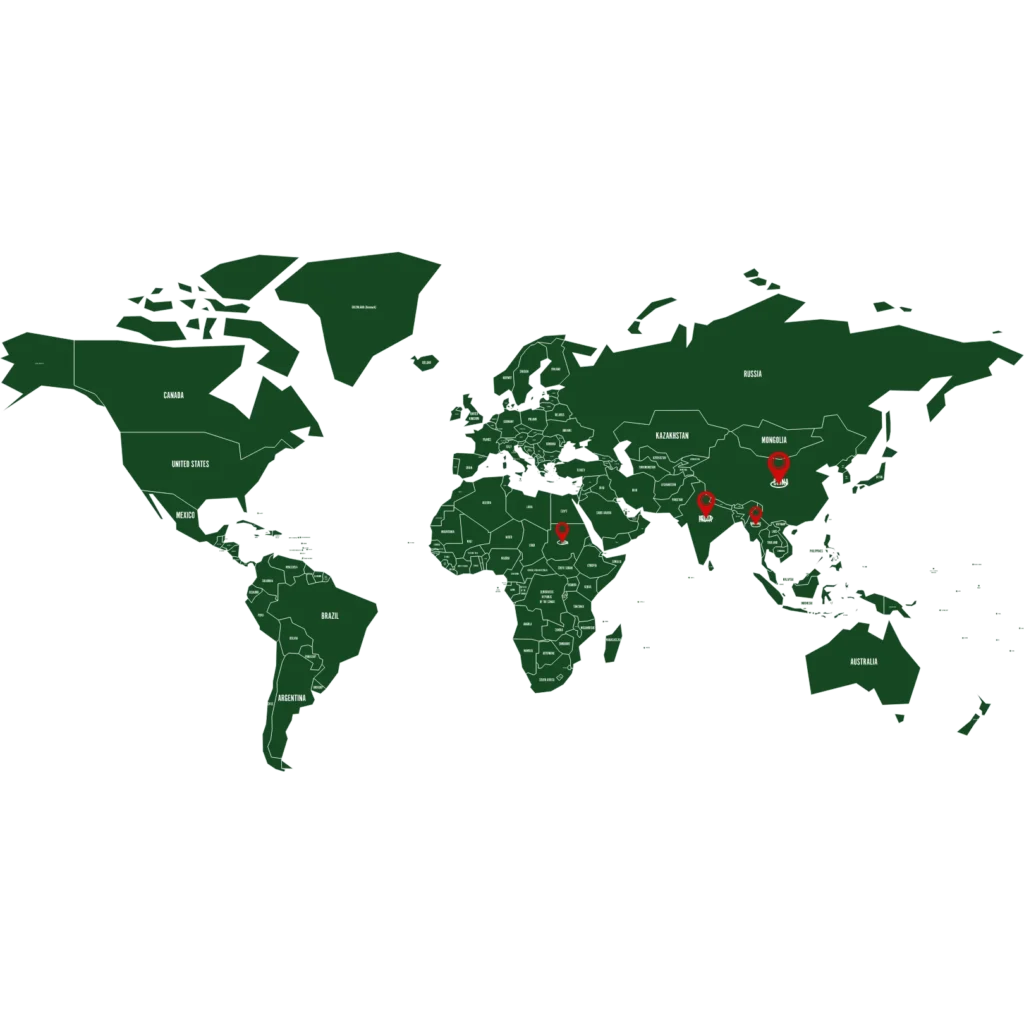
Benefits of
Sesame seeds
Sesame seeds are a good source of protein, healthy fats, fiber, and various vitamins and minerals, including calcium and iron. They can contribute to a balanced diet and support overall health.
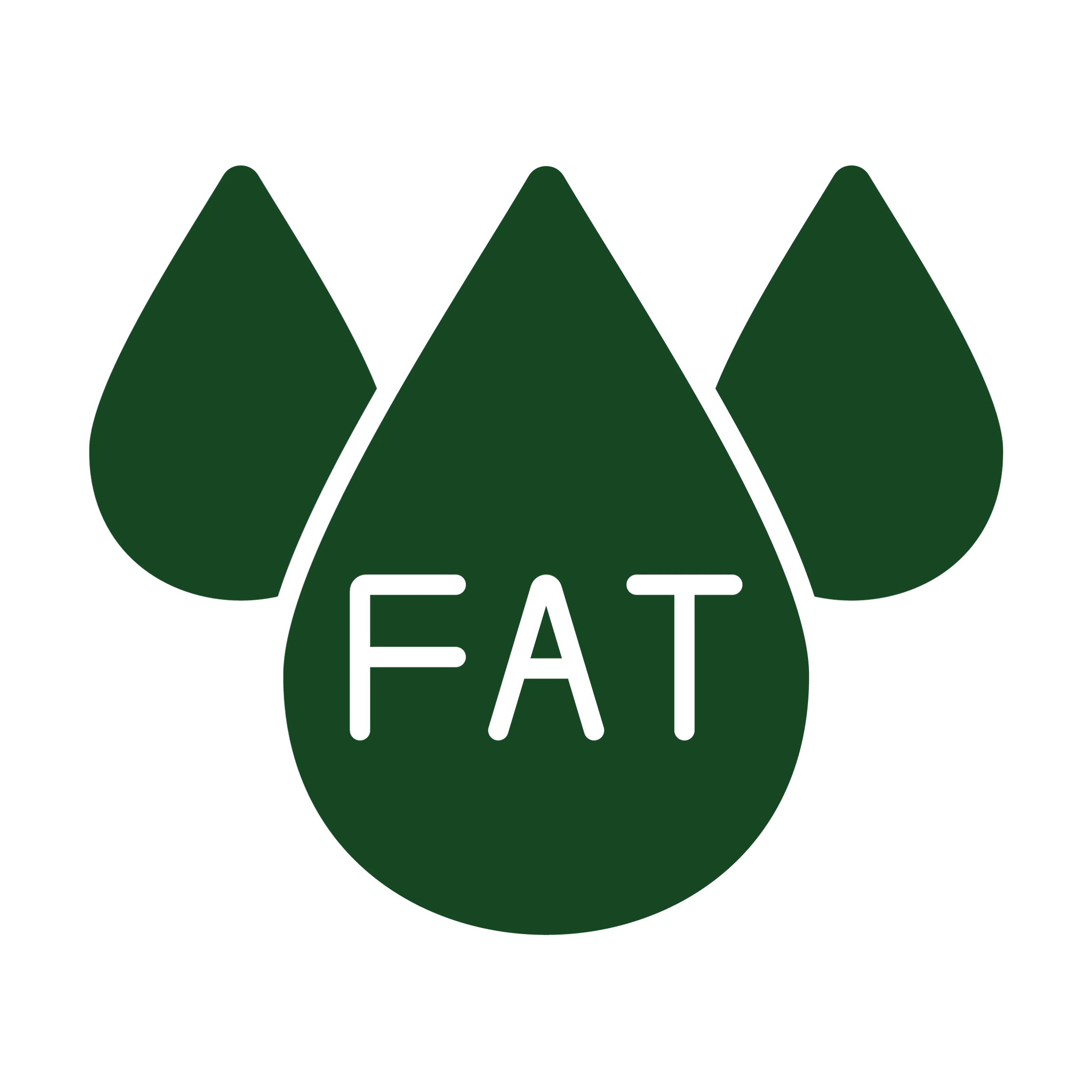
healthy fats
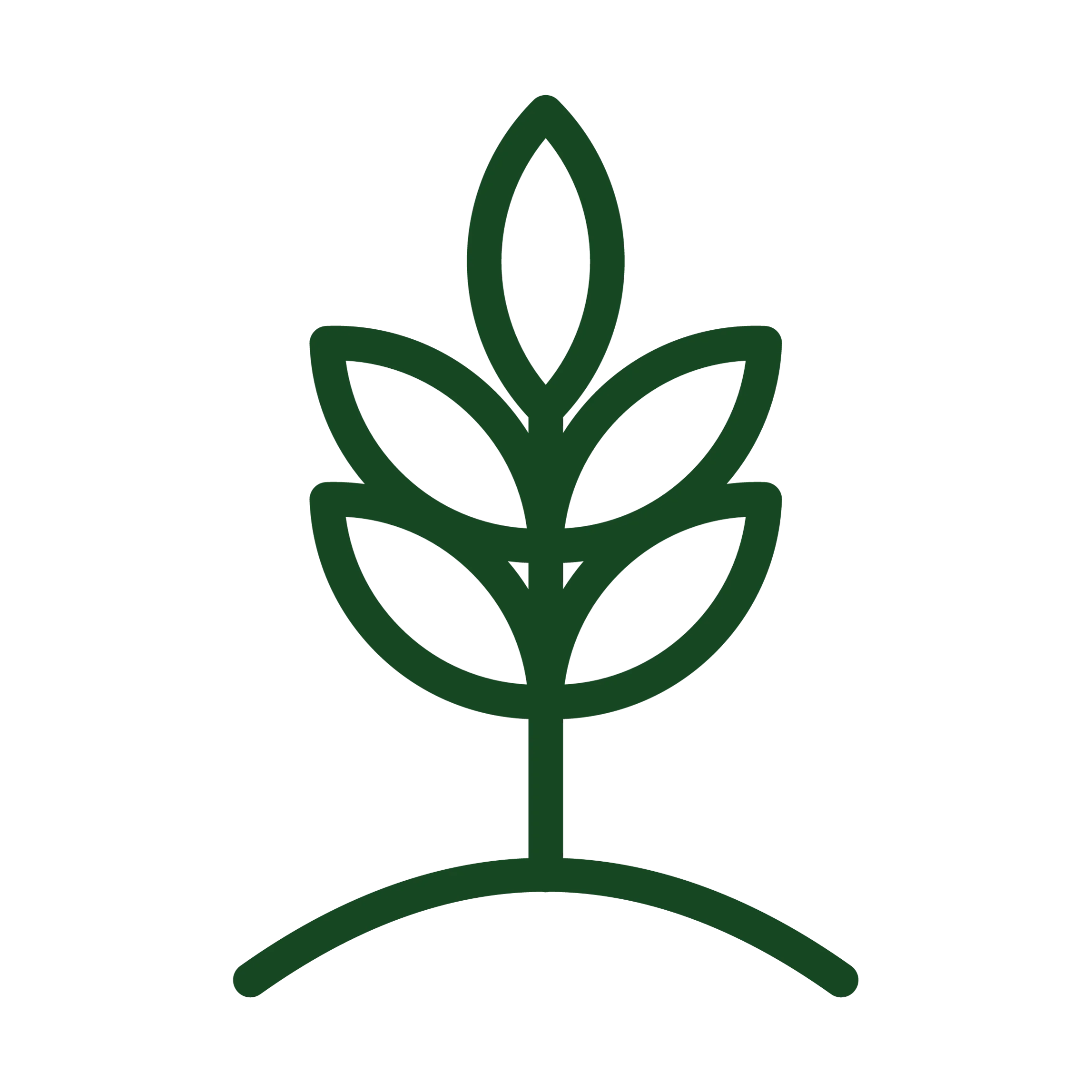
fiber

vitamins

Calcium

healthy fats

fiber

vitamins

Calcium
Different
Types
There are different varieties of sesame seeds, including white, black, and brown. White sesame seeds are the most common and are used in a wide range of dishes. Black sesame seeds have a stronger flavor and are often used in desserts. Brown sesame seeds are less common but are appreciated for their rich, nutty taste.
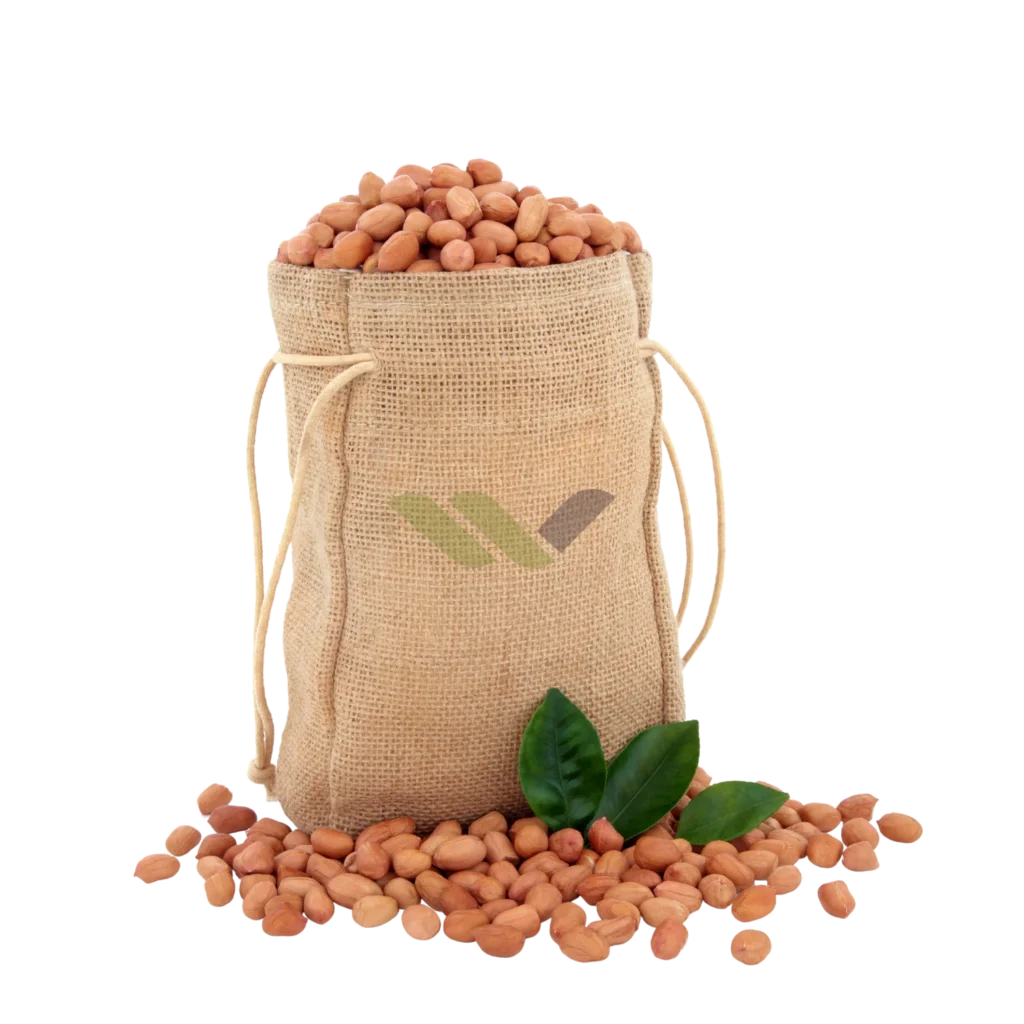
Peanuts
Peanuts are small brown seeds that grow underground. They’re tasty, packed with protein and good fats. You can make peanut butter or snack on them. They’re versatile, can be roasted or boiled, and provide energy!
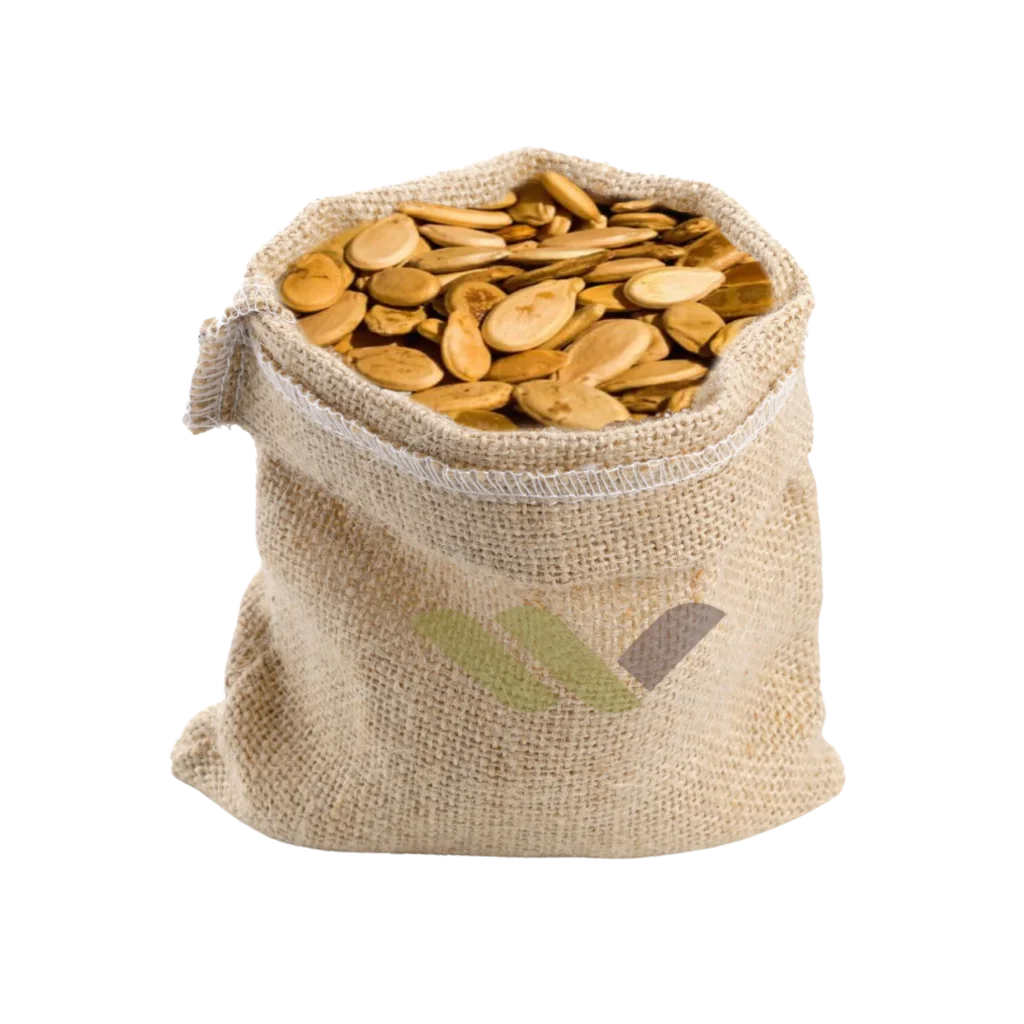
Watermelon Seeds
Watermelon seeds are extracted, sprouted, shelled, and dried. Sudan offers various sizes and colors. They’re rich in protein, vitamin B, magnesium, and healthy fats, known to lower cholesterol, inflammation, heart disease, and stroke risk.
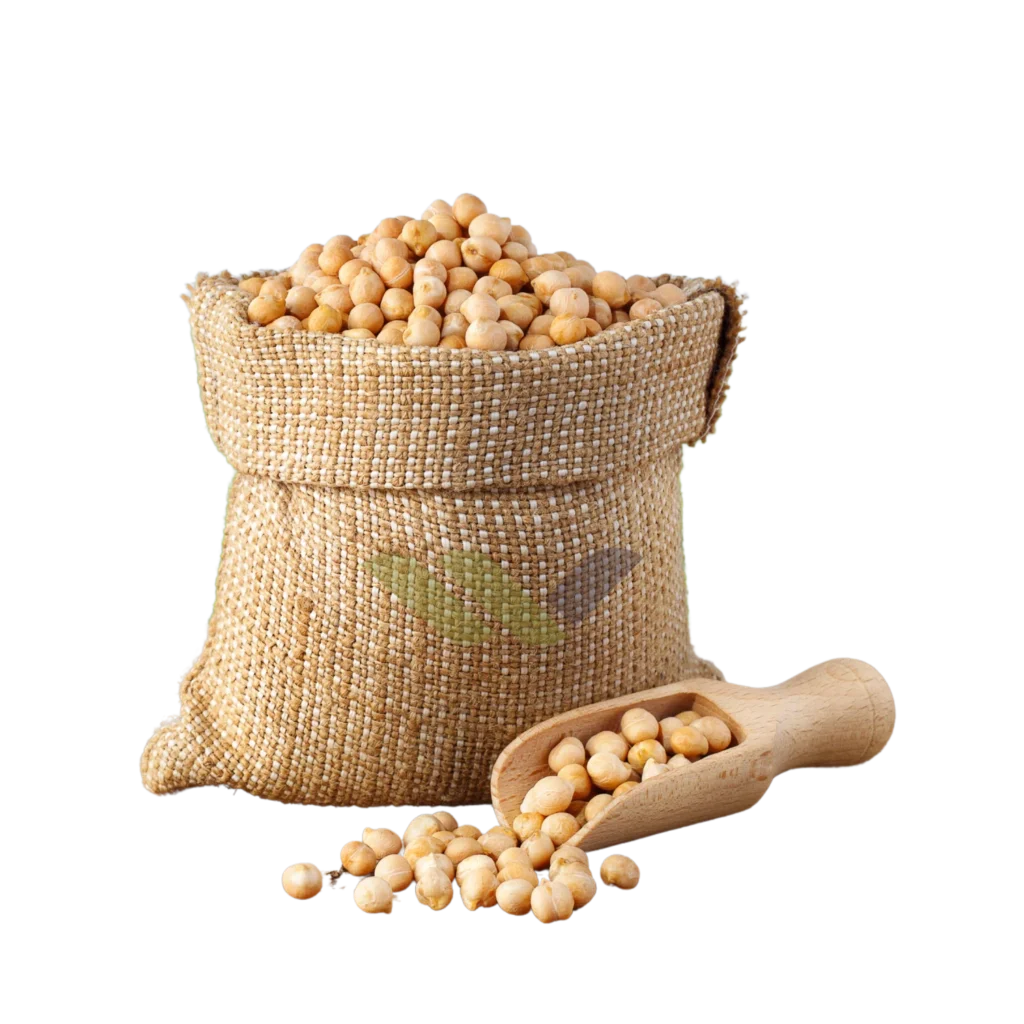
Chickpeas
Chickpeas, also known as garbanzo beans, are small, round, and beige in color. They belong to the legume family and have been cultivated for thousands of years.
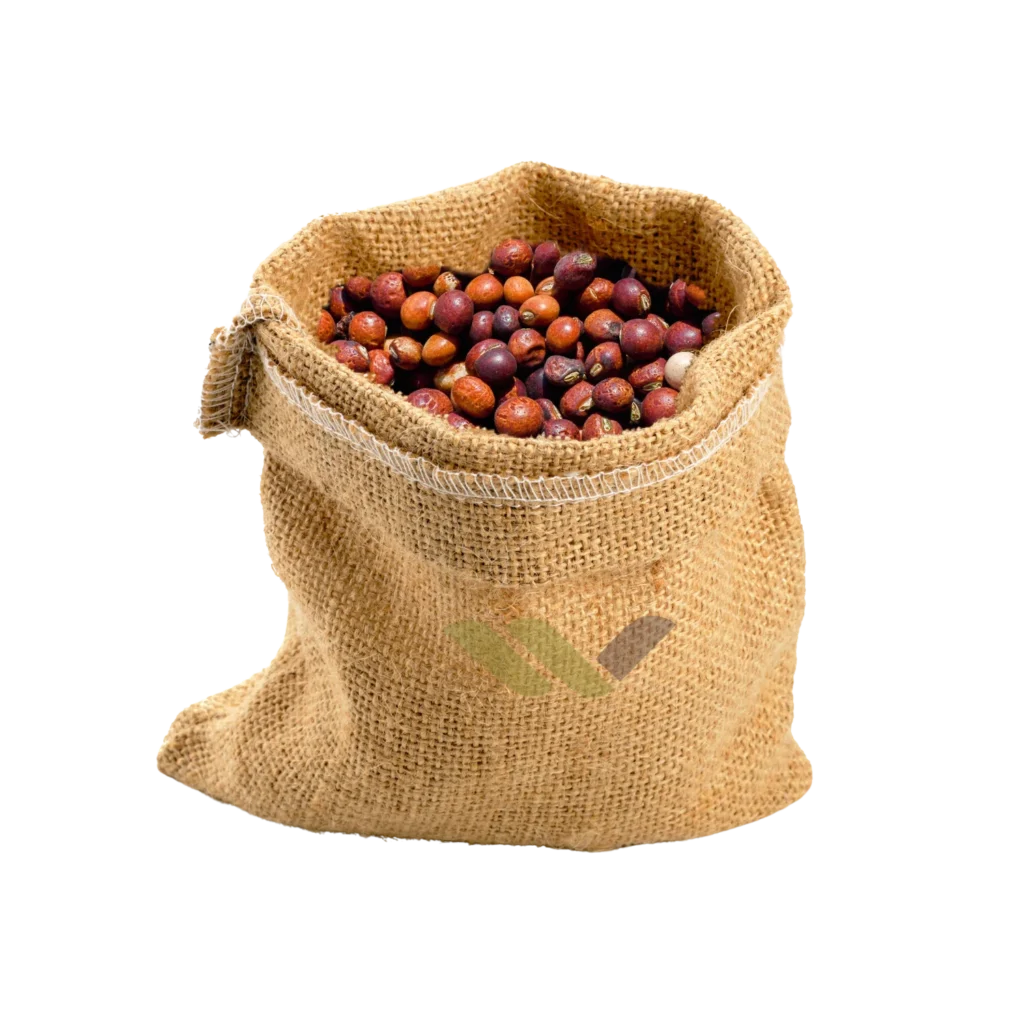
Pigeon Peas
The pigeon pea is a perennial legume from the family Fabaceae. Its cultivation can be tracked back more than 3,500 years. Also known as Adaseya or Lubiya in Sudan. The crop can maintain growth with poor soils and little water.
We are on the world
We specialize in exporting and importing grains, oilseeds, and pulses.
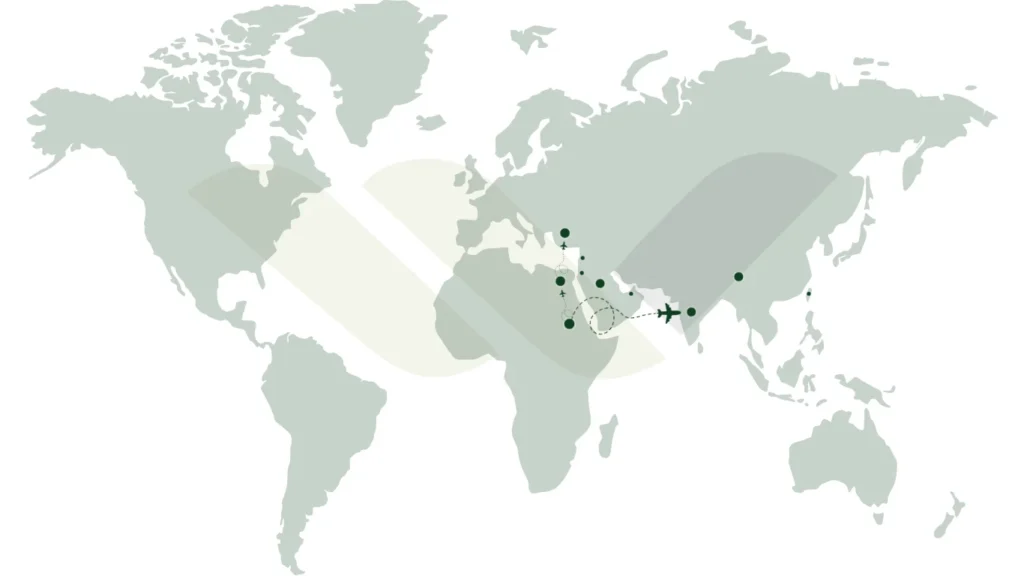

2015
Establish Office in Dubai

2018
Started importing from six different countries

2020
Started exporting to ten different countries

2023
Launching a food product brand called Nasaym

2015
Establish Office in Dubai

2018
Started importing from six different countries

2020
Started exporting to ten different countries

2023
Launching a food product brand called Nasaym
